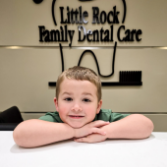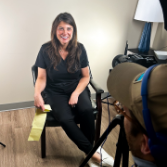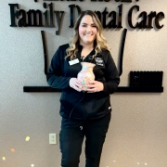The Impact of Untreated Sleep Problems
In addition to reduced immunity and more difficulty fighting off bacteria and viruses that cause illness, poor quality sleep is linked to a host of health and safety issues.
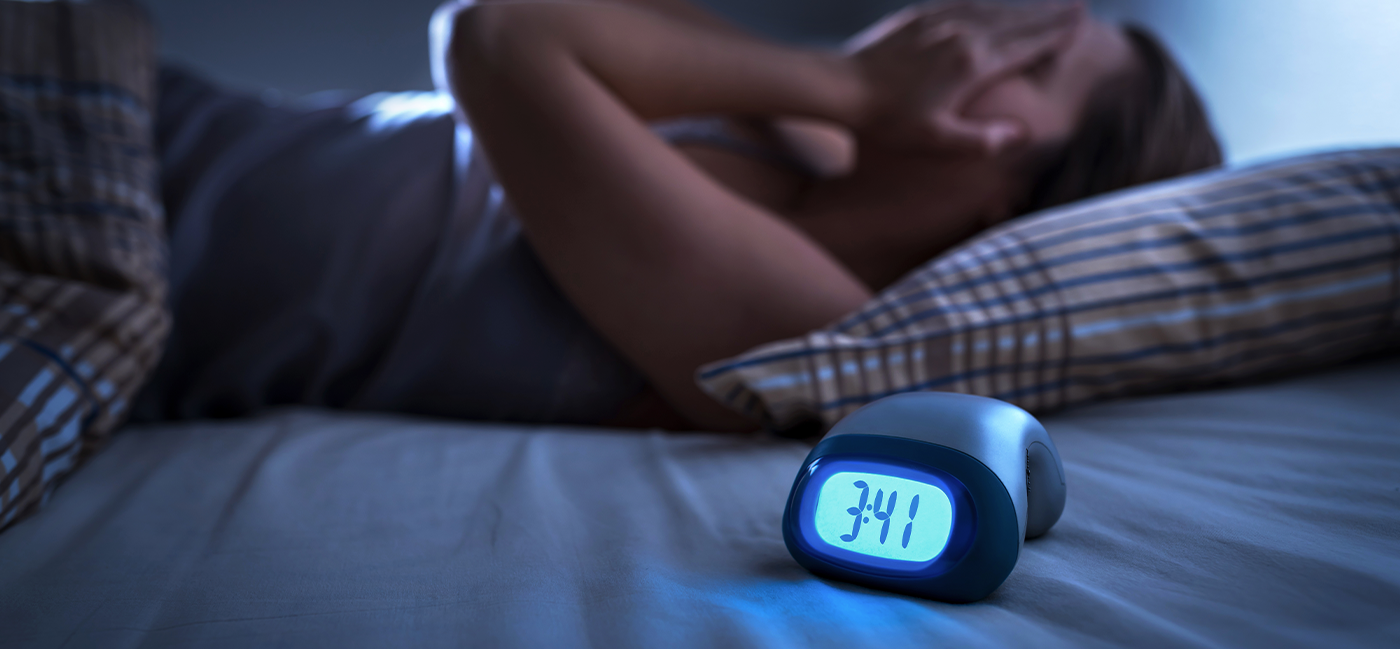
An estimated one in five Americans is affected by sleep apnea, which means that if you’re experiencing common symptoms like loud snoring and chronic fatigue, it’s likely that you could benefit from sleep apnea treatment in Little Rock. Our expert sleep dentists offer at-home sleep studies as well as customized therapy options to help you get the rest your body needs to take care of itself. Get in touch with Little Rock Family Dental Care today to learn how we can help you breathe easier and sleep better.

Our practice started offering sleep apnea treatment because Dr. Randy Machen struggled with the condition himself. He used both a CPAP machine as well as an oral appliance and required surgeries as well. Today, he takes a compassionate approach to treating his patients with sleep apnea in Little Rock, partnering with local sleep physicians and other medical professionals to help patients get the results they deserve.
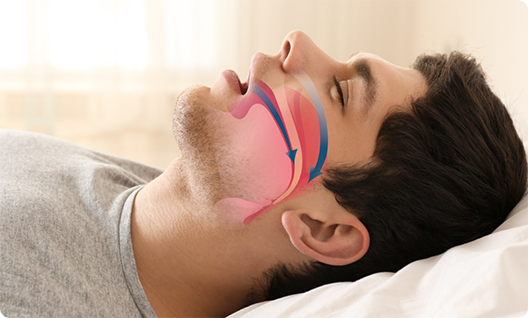
Sleep apnea is characterized by sudden, repeated stops and starts in your breathing. Occasionally, this is due to an issue with the way your brain sends signals to the rest of your body (a condition known as central sleep apnea), but most of the time, apnea attacks occur because the airway has been physically blocked in some way (obstructive sleep apnea). The most common cause involves the soft muscles and tissues in the mouth and throat relaxing and collapsing together at night.
Snoring is a common indication of obstructive sleep apnea (OSA). Other signs and symptoms include:
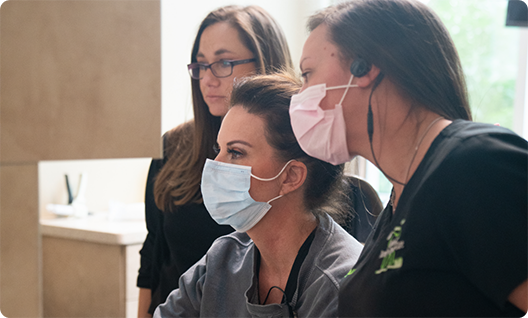
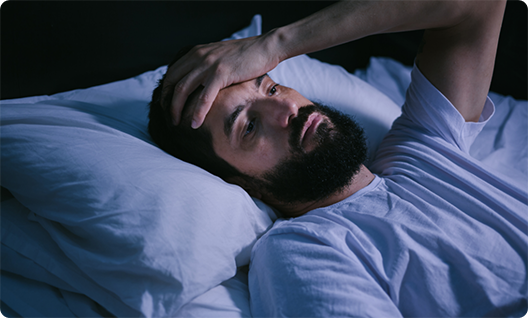
Sleep apnea may seem like nothing more than an inconvenience. In reality, though, it can place your overall health in jeopardy. In fact, studies show that untreated sleep apnea can put you at a 30 percent higher risk of heart attacks. It even has a strong link to type 2 diabetes. It can also slow down your reaction times and make it difficult for you to safely operate a motor vehicle; you are more likely to be involved in a collision. Additionally, the emotional problems that often arise as a lack of sleep can impact your social life and your family relationships.
In addition to reduced immunity and more difficulty fighting off bacteria and viruses that cause illness, poor quality sleep is linked to a host of health and safety issues.

suffers report
relationship troubles

more likely to be
in a car crash

increased risk
of heart attack

As someone who has personally suffered from sleep apnea and used both CPAP devices as well as oral appliances, Dr. Randy Machen made it his mission to put together a Dream Team for treating this common condition. In addition to offering a variety of in-house treatments, our office is also partnered with a vast network of sleep physicians and medical professionals in the area.
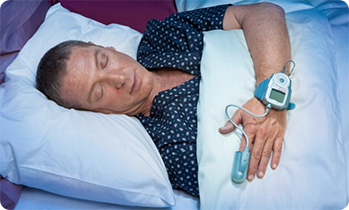
Not all cases of sleep apnea are the same, and it takes an expert’s eye to find the underlying cause of the issue so that an appropriate treatment can be chosen. At Little Rock Family Dental Care, we use the advanced Eccovision pharyngometer and rhinometer to measure our patients’ airways as well as WatchPAT at-home sleep studies to diagnose the underlying causes of your symptoms.
Instead of visiting a sleep study lab, you’ll be able to use your WatchPAT device in the comfort of your own home. It will record your vitals, apnea episodes, snoring, sleep stages, and all critical diagnostic information needed. After our experts review the results of your sleep study, we can then recommend an appropriate treatment method.
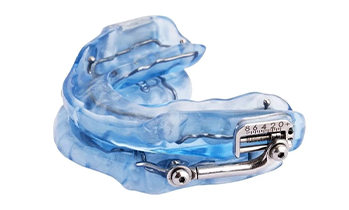
Oral appliance therapy utilizes custom-crafted devices, like our Somnomed Herbst Advance appliance, that you can wear at night to help keep your airway open, allowing you to get better rest and ample oxygen flow. Our practice uses leading brands to offer patients the best in durability and effectiveness. We typically recommend OAT for those who are light sleepers and have difficulty using CPAP machines or for those who would like a treatment option that’s travel-friendly. Additionally, most major medical insurances, including Medicare, cover the cost of this treatment!
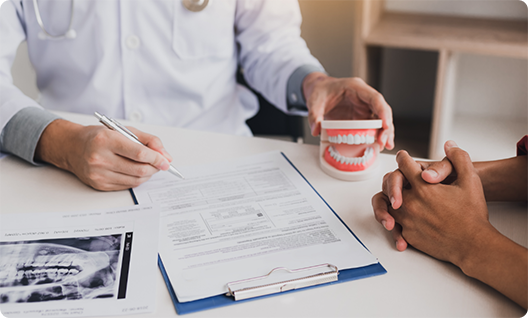
The cost of sleep apnea treatment can vary; it depends on a few factors. When you come in for your consultation, we can talk about specific numbers and help you understand your payment options, such as insurance and low-interest financing. We even offer special pricing on sleep testing. Although treating sleep apnea may require a substantial upfront investment, it can save you money in the long run and do wonders for your quality of life.

No, dental insurance does not typically cover sleep apnea treatment. That is just because sleep apnea is considered an overall health condition, rather than an oral health problem. Your medical insurance is much more likely to cover the cost of your care. This holds true even when you receive sleep apnea services from a dental practice.
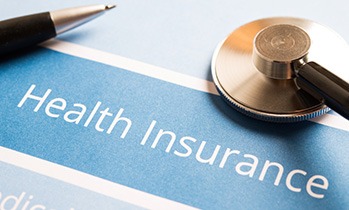
Two main factors that can affect the cost of your treatment include:

Sleep apnea treatment costs some money, but it is important to think about its long-term value. It may actually help you save money in the long run.
It can do so by preserving your health. Sleep apnea is associated with an increased risk of several health conditions, including high blood pressure, heart attack, diabetes, and dementia. Treating your sleep disorder may lower your risk of such issues, which can protect your quality of life and keep your medical expenses relatively low.
Getting enough sleep may also decrease your risk of being in a car accident, which can lower your chances of getting injured and having to go through the stress of getting your vehicle repaired or replaced.

Our team will be happy to help you file insurance claims. Other provisions that can make your care more affordable include:
Since snoring is one of the most common warning signs of sleep apnea, some people think that they always go hand-in-hand with each other. In reality, though, snoring alone does not necessarily guarantee that you have sleep apnea. Moreover, there are individuals with sleep apnea who do not snore.
It’s only possible to diagnose sleep apnea once a sleep study has been performed. As such, if you suspect that your snoring is related to sleep apnea, we recommend that you call our office right away. With our WatchPAT™ at-home sleep study, our sleep doctor can figure out whether you’re truly suffering from sleep-disordered breathing and help you figure out what steps you should take next.
It depends on the circumstances. Oftentimes, patients with mild or moderate sleep apnea can indeed switch entirely from CPAP therapy to oral appliance therapy. This allows them to improve the quality of their slumber without having to worry about a noisy machine or an uncomfortable mask. However, an oral appliance by itself may not be enough for more severe sleep disorders.
Our team is ready to help you figure out what type of sleep apnea treatment is right for you. We’ll review the results of your sleep study and use that information to find the best solution for your particular case.
Being overweight is a significant risk factor for sleep apnea due to the increased presence of tissues that could potentially obstruct the airway. Thus, losing weight can often improve your sleep apnea symptoms, and in certain cases, it may even help stop the disorder. However, this is not guaranteed; even after losing weight, sleep apnea could still be present (though the only way to know for sure would be to have another sleep study performed).
If you don’t want to increase your risk for tooth decay and gum infections, you should make a point of cleaning your oral appliance on a regular basis. This involves giving it a thorough yet gentle brushing whenever you take it out in the morning. It can also help to periodically soak it in a denture cleansing solution. Remember, once you’re done cleaning your oral appliance, you should put it in its case for safekeeping.
Many adults with sleep apnea also have bruxism, which is a condition that can cause you to grind and clench your teeth while you slumber. Fortunately, oral appliance therapy remains a viable option even for individuals with bruxism. As a matter of fact, a well-made oral appliance can offer the secondary benefit of keeping the upper and lower rows of teeth separated, thus protecting them from bruxism-related damage.
At first, the connection between dentistry and sleep apnea may not seem clear; however, your dentist is truly an expert in the upper respiratory area.
With obstructive sleep apnea (OSA), tissues from your mouth and neck can prevent healthy breathing, and your dentist can reposition the lower jaw to help keep those issues out of the airway.
Furthermore, because you meet with your dentist regularly, you have an excellent opportunity to discuss your sleeping problems and be examined for airway issues while you’re there!
Each sleep apnea episode (also known as apneas) typically lasts ten seconds or longer (up to two minutes). They can even occur 5 to 30 times each hour of sleep!
A sleep test can determine exactly how advanced your case of sleep apnea is, how often your episodes occur, and what exact type of sleep apnea you have. A general guideline is that 0-15 apnea events per hour is considered mild, while 30 or more per hour is considered severe.
Possibly. Being overweight is a major risk factor for obstructive sleep apnea, because excess weight and tissue can block the airway, causing breathing complications. Losing weight could potentially reduce this tissue in the airway.
There is, however, always a chance that you could still have sleep apnea even after you’ve lost excess weight. It is recommended that you undergo another sleep apnea test following weight loss to see if you still have the condition.
If you have been prescribed a CPAP machine, this could take quite a while to get used to. With oral appliances for OSA, however, you should have better sleep almost immediately. Still, it may take a few nights to get accustomed to wearing your device.
The only way to truly know for sure whether your oral appliance is working is to take another sleep test. However, if your symptoms lessen or subside, this is always an excellent sign!
@LITTLEROCKFAMILYDENTALCARE
Follow Us On Instagram
